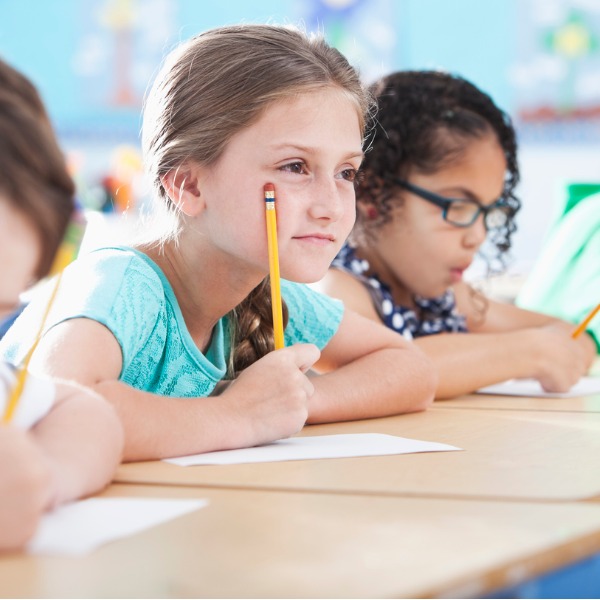Predicting

Predicting (kali9, iStockphoto)

Predicting (kali9, iStockphoto)
The skill of predicting involves forecasting what is believed will occur in the future.
Definition
The skill of predicting involves forecasting what is believed will occur in the future. Predictions should be based on student’s prior knowledge, experiences, observations and research.
It is important because…
- Predicting is an important part of any inquiry.
- Predicting supports the development of critical thinking skills by requiring students to draw upon their prior knowledge and experiences as well as observations to anticipate what might happen.
- The ability to make logical predictions supports the development of the ability to formulate hypotheses.
Developing the Skill of Predicting
Students |
Educators |
|---|---|
|
Are familiar with the concept of a prediction or theory |
Model the process of making a prediction (e.g., “I predict that it will rain again tomorrow.”). |
|
Use their prior knowledge and past experiences to make reasonable predictions about possible outcomes at the beginning of their inquiries |
Provide opportunities for students to share predictions as part of the planning process. Encourage students to think for themselves and make predictions based on their unique experiences, thoughts, and opinions. Accept and respect students’ predictions, avoid judging, rewarding, acclaiming or condemning. |
|
Modify their predictions based on observations and information gained throughout their inquiries |
Discuss with students about how and why some predictions are more reasonable than others given the circumstances. |
|
Explain the reasoning behind their predictions |
Talk with students about the reasoning behind/justifications for their predictions (e.g., “Why do you think that?”). |
|
Understand that events may or may not turn out as predicted and that people can have different predictions about the same event (e.g., “I thought the boat was going to float, but it did not!”) |
Work with students to see that they can learn from both correct and incorrect predictions. |
|
Use the skill of prediction in various learning areas |
Work with students to see applications of learning in other areas (e.g., the application of measurement knowledge and skills from mathematics can help students to predict which car will go farthest past the end of the ramp). |
Related Skills
Related Learning Strategies
